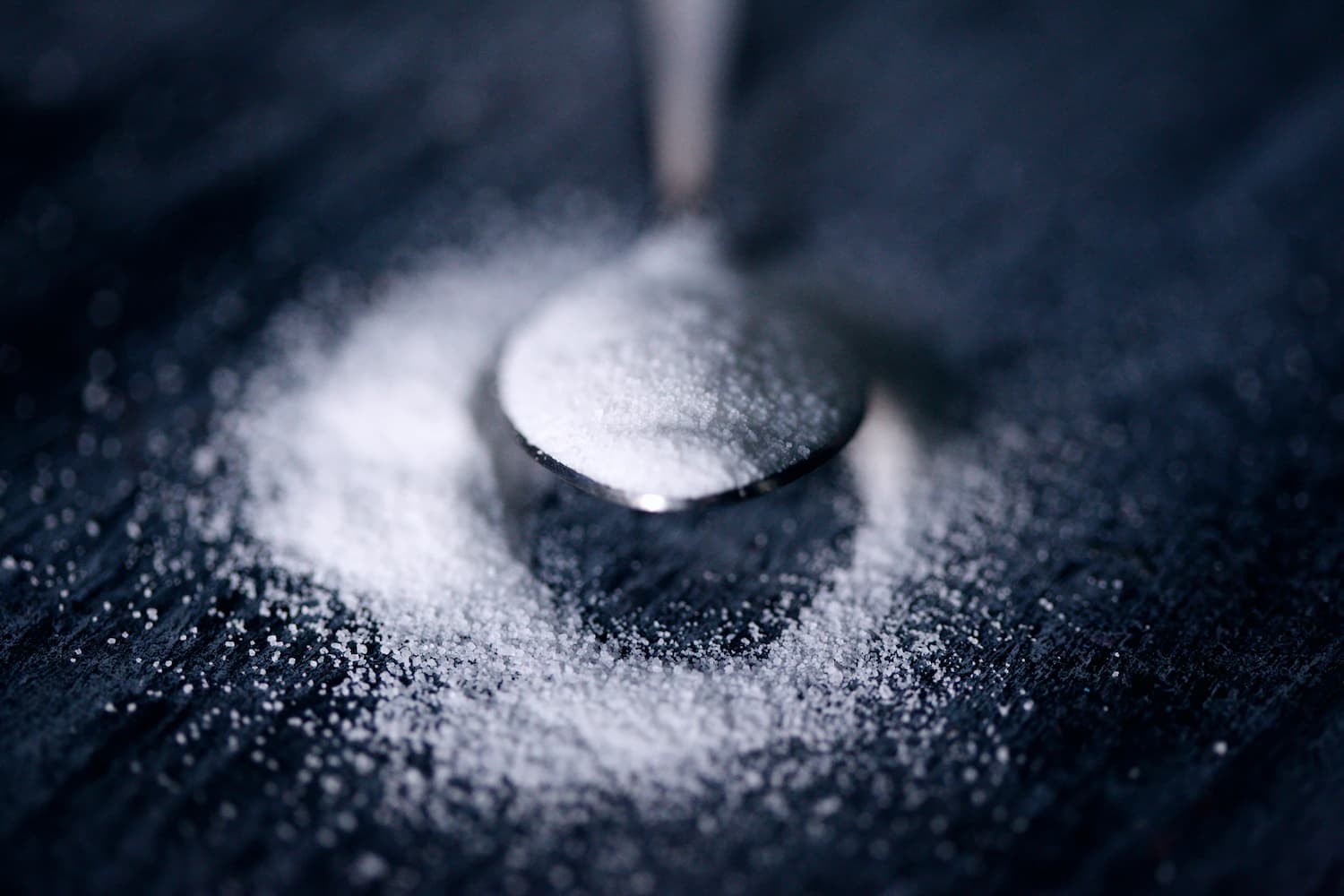
Our love affair with sweet foods has taken a turn for the worse. As we walk down the grocery isle, our eyes cast over the simplest products, those products with health written all over it. However, as research develops into the harmful ways of sugar, the surprising truth about sugar and where it is found, is revealed.
Evidence is growing that sugar is the culprit for many health issues including obesity. Dr. Robert Lustig is an expert on childhood obesity at the University of California, San Francisco. He states that, "Sugar is toxic beyond its calories".
Are All Sugars the Same?
It is important to understand that when we talk about sugar, this means that all sugars are encompassed in the discussion. When you want to add up your sugar consumption for the day, it is important not to just include the number of spoons of table sugar that is added to your tea, coffee, cereal. It is imperative to include all types of sweeteners found in all types of processsed foods. These sugars include corn-based sweeteners as well such as fructose corn syrup, honey, agave.
How Much Sugar Are You Having a Day?
It is long acknowledged in the medical world that the western diet is associated with lifestyle diseases such as obesity, diabetes, high blood pressure, heart disease and cancer.
In saying this, it is interesting to note that since the time the American Heart Foundation told us we were eating too much fat, and began producing fat free foods, the Western world now has an obesity epidemic. Could it be that as the fat decreased, the sugar consumption increased. After all, the taste needs to be replaced somehow.
There are sugars found in our drinks, bread, muesli bars, crisps, flavoured yoghurt, crackers, in fact most processed foods.
How Much is Too Much?
In an ideal world, you would keep your sugar consumption to below 25g per day which is about 5 teaspoons. This is included in all sources, including the sugar you get from whole fruits. I recommend that a consumption of 2, maybe 3 fruits a day is healthful.
If you would like to know more about fructose consumption, please see you nutritionist or naturopath.
Originally published on Aug 27, 2014








